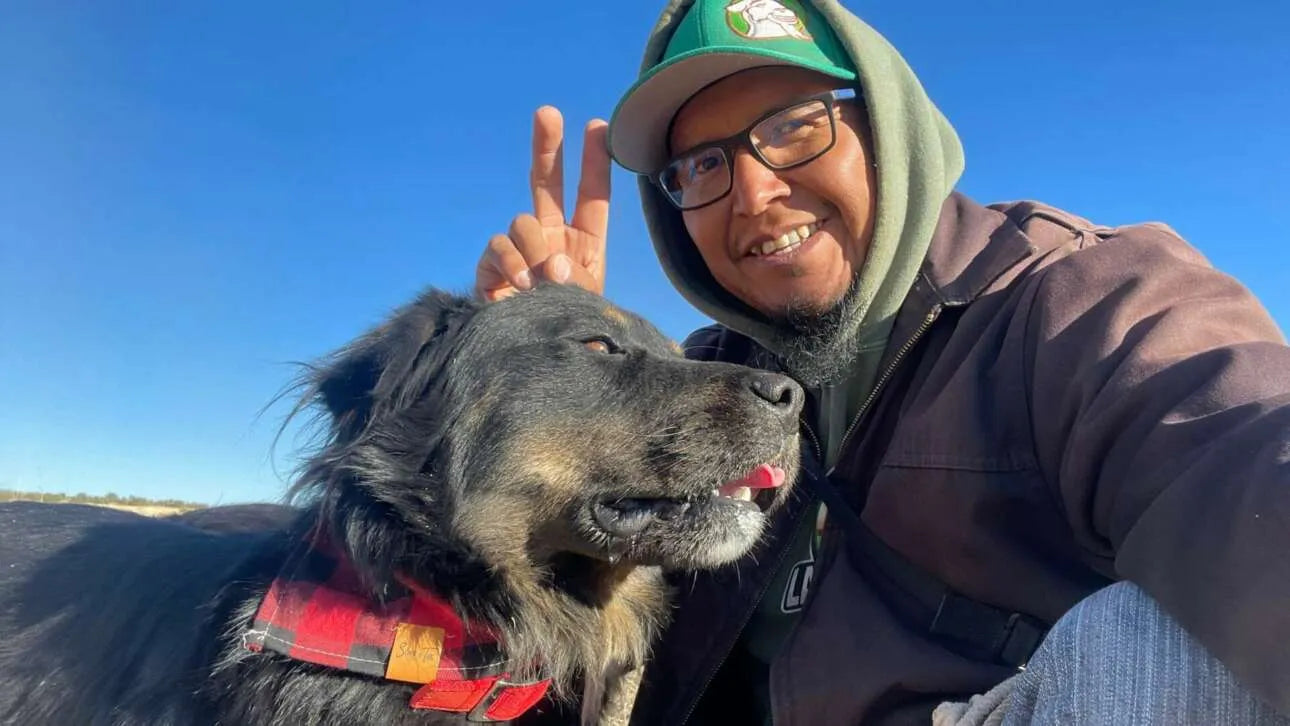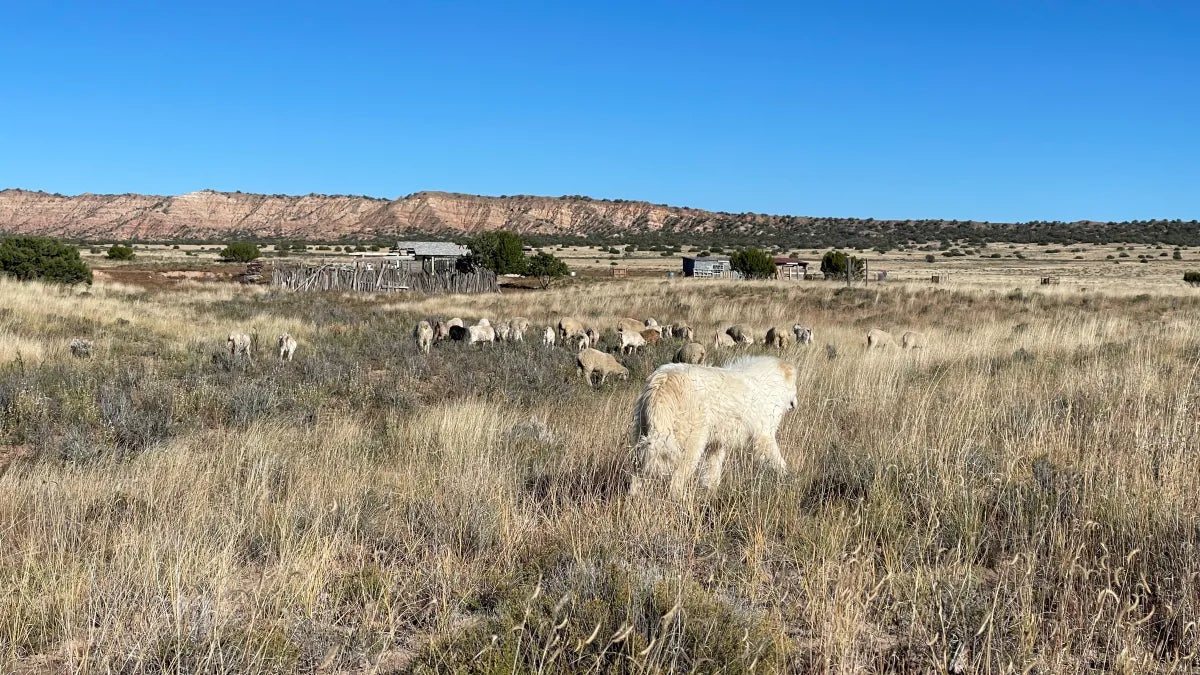
Howdy y’all, my name is Jarvisson King, I am the owner and operator of Laughing Goat Gardens. I started Laughing Goat Gardens as a hobby garden for personal use.
Laughing Goat Gardens’ Story
I moved home to find that we are an hour away to the nearest grocery store in all directions. Fresh produce was limited to me and at this time in my life I had become conscious of my diet. The best thing for me was to grow my own food. Growing my own food has allowed me to get back in touch with nature. You don’t realize the details of nature until you start gardening. Understanding weather patterns and growing a new vocabulary that helps you understand how to nurture your soil. I know what is going into my soil and therefore I know what my plants are using to grow. Which in turn I eat and use those nutrients to stay healthy. I gained an interest in regenerative agriculture when I saw a presentation by Gabe Brown and Ray Archuleta. To this day I use cover crops and I am getting a deeper understanding of pasture management with my livestock.

The History of Laughing Goat Gardens
I started using cover crops in my second season of gardening when I read The Market Gardener by Jean-Martin Fortier. I attended workshops to gain knowledge in this new field. In my third year of gardening I had plenty of extra produce which I gave away to family and sold some to the community. I grow what I love to eat nothing more than that.
I grew up with cattle, horses, sheep, and goats but my family never grew it as a business, it was more of a hobby for us that we raised these livestock. I started seeing my garden as a business venture and in turn realized that I can raise my cattle for grass fed beef. Our cattle are on pasture for 99.9% of their life, for that reason we call our beef pasture raised and pasture finish beef. Our pastures are native vegetation and we do not add any outside plants to our pastures. This pass year though, I seeded my sheep and goat pasture with a blend of pasture seeds and cover crops. We have no irrigation so it is difficult to grow anything other than native vegetation.
We also have a limited amount of pasture raised lamb and goat that we offer to the local community. This can be processed or live animal, 99% of our local community prefer live animal because processing a sheep or goat is a family event and is mostly done during special occasions. In the summer of 2019 we started offering fresh eggs. Our eggs come from cage free, free range chickens who enjoy the fresh air and sunlight in our garden areas. They are also our tillers. We use them to prepare our gardens for planting. In 2020, we processed our first batch of meat birds. Our meat birds and layers are also pasture raised on native vegetation along with free choice of layer feed for the egg layers and meat bird feed for our meat birds. Our chickens get scratch grain once per day and they enjoy the sunshine, fresh air, plenty of space to run around and just being chickens. In the future we plan to implement pigs. This is a dream that requires planning and having a specific layout on our land.
With our dreams and goals for the ranch we are first and foremost stewards of the land. We may raise animals and produce but to do that we look beneath our feet and that is what we take care of the most. Without proper management of our land we would not be able to grow pasture raised, pasture finished meat and our variety of fresh produce. We have implemented the regenerative agriculture method on our ranch to create a healthier ecosystem.
Our Wool Pellets Story
In 2022 our herd of sheep and goats got into a burr patch. So, in 2023 after we sheared our sheep and goats, we didn’t know what to do with the wool because they had so many burrs on them that cleaning them took so long that it was not worth the effort to try to save even one fleece. We started looking for an alternate method on how to use our wool and we did find that using the fleece as a mulch was one way to do it but through a mutual friend, we found a lady in Tucson that had a wool pellet machine who helped us create our first batch of wool pellets. That was in September 2023 and we attended our first market in October 2023, since then we’ve been educating the public with the benefits of wool pellets.
Our cattle are on pasture for 99.9% of their lives for that reason we call our beef pasture-raised, pasture-finished beef.
– Jarvisson King, 2017
